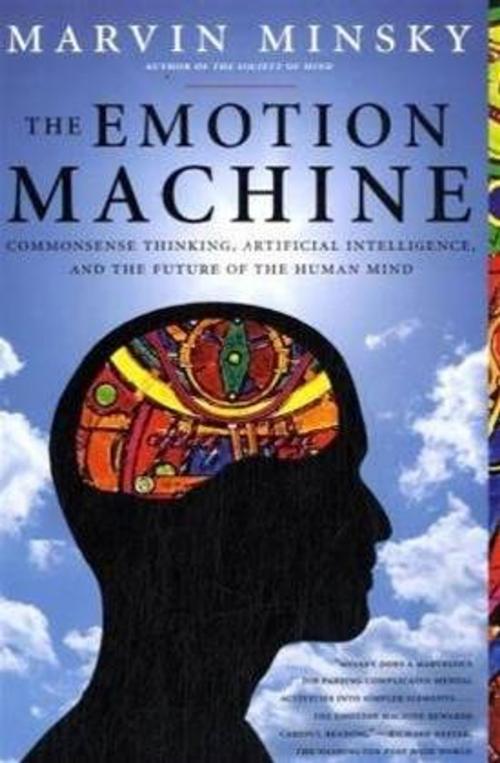The Emotion Machine
Commonsense Thinking, Artificial Intelligence, and the Future of the Human Mind
Nonfiction, Science & Nature, Science| Author: | Marvin Minsky | ISBN: | 9781416579304 |
| Publisher: | Simon & Schuster | Publication: | November 13, 2007 |
| Imprint: | Simon & Schuster | Language: | English |
| Author: | Marvin Minsky |
| ISBN: | 9781416579304 |
| Publisher: | Simon & Schuster |
| Publication: | November 13, 2007 |
| Imprint: | Simon & Schuster |
| Language: | English |
In this mind-expanding book, scientific pioneer Marvin Minsky continues his groundbreaking research, offering a fascinating new model for how our minds work. He argues persuasively that emotions, intuitions, and feelings are not distinct things, but different ways of thinking.
By examining these different forms of mind activity, Minsky says, we can explain why our thought sometimes takes the form of carefully reasoned analysis and at other times turns to emotion. He shows how our minds progress from simple, instinctive kinds of thought to more complex forms, such as consciousness or self-awareness. And he argues that because we tend to see our thinking as fragmented, we fail to appreciate what powerful thinkers we really are. Indeed, says Minsky, if thinking can be understood as the step-by-step process that it is, then we can build machines -- artificial intelligences -- that not only can assist with our thinking by thinking as we do but have the potential to be as conscious as we are.
Eloquently written, The Emotion Machine is an intriguing look into a future where more powerful artificial intelligences await.
In this mind-expanding book, scientific pioneer Marvin Minsky continues his groundbreaking research, offering a fascinating new model for how our minds work. He argues persuasively that emotions, intuitions, and feelings are not distinct things, but different ways of thinking.
By examining these different forms of mind activity, Minsky says, we can explain why our thought sometimes takes the form of carefully reasoned analysis and at other times turns to emotion. He shows how our minds progress from simple, instinctive kinds of thought to more complex forms, such as consciousness or self-awareness. And he argues that because we tend to see our thinking as fragmented, we fail to appreciate what powerful thinkers we really are. Indeed, says Minsky, if thinking can be understood as the step-by-step process that it is, then we can build machines -- artificial intelligences -- that not only can assist with our thinking by thinking as we do but have the potential to be as conscious as we are.
Eloquently written, The Emotion Machine is an intriguing look into a future where more powerful artificial intelligences await.















